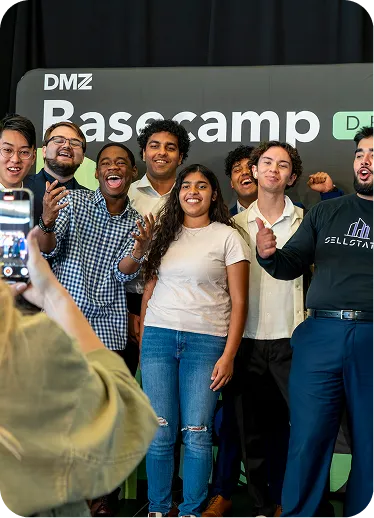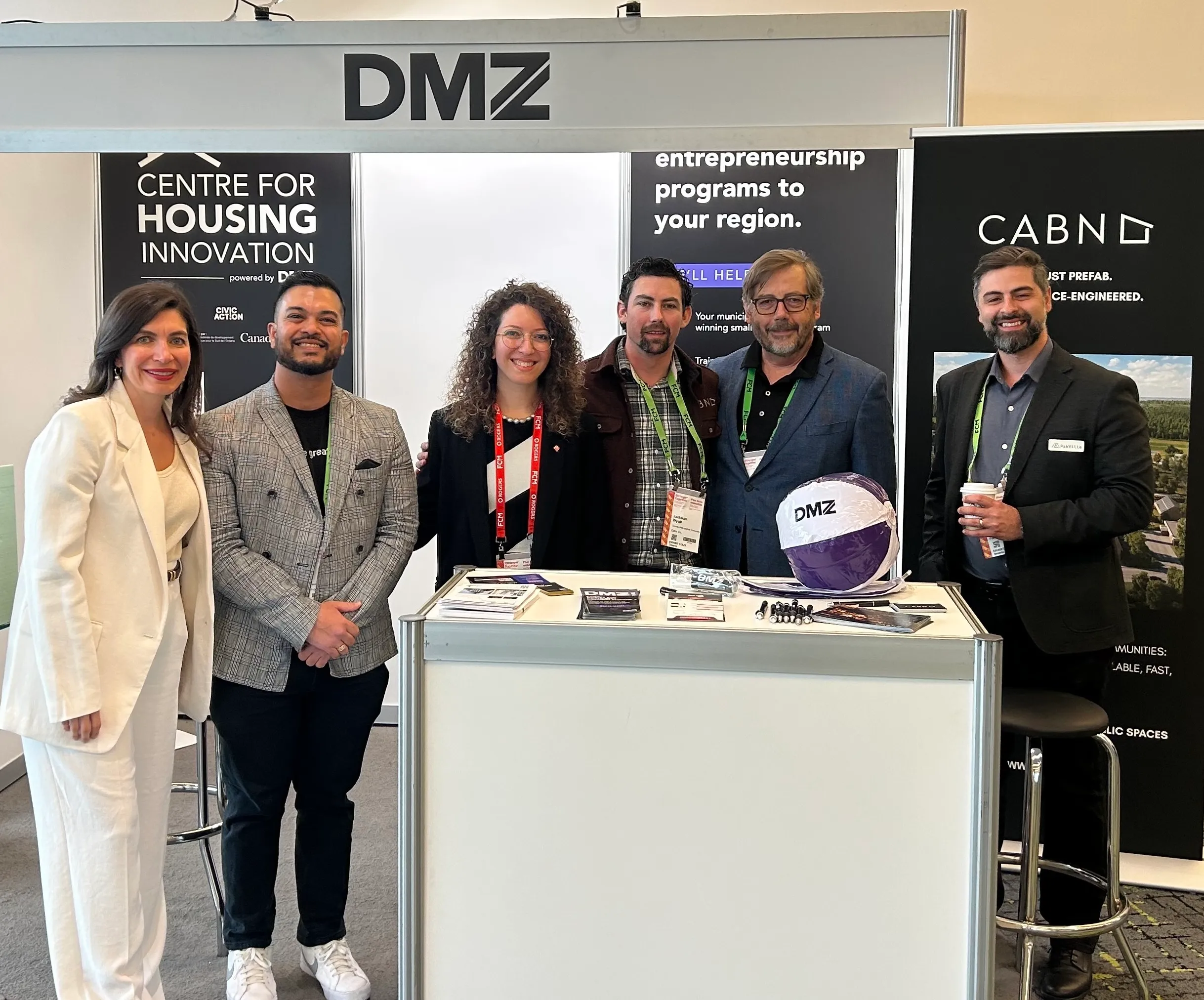Elizabeth Yin has spent years mentoring, managing and meeting with top entrepreneurs from across the globe. Her personal rolodex includes contact details for innovators at today's biggest companies and since graduating from Stanford University and MIT in the early 2000s she's helped founders raise millions in venture capital.
Some of her most notable accomplishments include cofounding B2B advertising platform LaunchBit -- that was later acquired for an undisclosed amount -- joining Google as one of its marketing managers, overseeing 500 Startups' accelerator program and most recently starting her own pre-seed fund called Hustle Fund.
What are some of the biggest business lessons she's learned throughout her career? Entrepreneurs should focus on the facts during investment meetings, understand networking is crucial for success and make smart hiring decisions.
Why Canadian entrepreneurs should stay home
For years, Canadian entrepreneurs were told that to grow their company or find investment they had to relocate to the U.S., and in particular Silicon Valley. That's not technically true anymore says Yin, who credits Canada's ever-growing reputation on the global stage for the change.
"Before you'd have to trek down to Silicon Valley for one to two months to network, but now VCs are coming up here ... take advantage of that to get to know them and network at events." Elizabeth Yin, cofounder of @hustlefund
"Here's the dirty secret about staying in Canada," she explains. "VC schedules are really busy with back-to-back meetings in the Valley. It's really hard to get a meeting with them there, but when they're up here their schedule is a lot more open. They're here to learn about the ecosystem, mingle with startups at places, like the DMZ, and open to spending more time just talking."
And, that's not all. The high cost of living in Silicon Valley can be a detriment to bootstrapped startups. Why? Because they're forced to spend most of their money on day-to-day living costs. A recent report by CNBC backs up this claim. It found startups in the San Francisco area are having a hard time recruiting tech talent because of high living costs.
"The cost of living -- compared to San Francisco -- is better here [in Canada] ... you have access to grants that U.S. citizens don't have and because more VCs are starting to come up here there's more potential to network without having to spend money."
Ask employees the right questions
Regardless of product or company, every founder needs a team of dedicated employees. Of course, onboarding new employees can be one of the most stressful, yet rewarding responsibilities for an entrepreneur. Unfortunately, that also means hiring new employees can easily go wrong and cost entrepreneurs a lot of time and money. In an industry where startups are expected to scale as fast as possible, one bad egg can set a founder back years. For example, Zappos CEO Tony Hsieh estimates bad hires have cost him approximately $100 million. "Your first couple of hires solidify your company culture, which sets the tone for the rest of your company," explains Yin in her blog. "And most entrepreneurs tend to look at candidates purely based on skill. But looking at a person based on just one axis is a huge fallacy." Hiring the best people means analyzing their personality. For instance, like how they'll operate under stressful situations or go above what's expected.
"The people with the best skills for the job can be your worst performers if the environment isn't a good fit for them." Elizabeth Yin, cofounder of @hustlefund
A Harvard University paper found that even highly sought after employees who engage in harmful behaviour can hurt a business's long-term prospects. Bad hires, it states, lower productivity, negatively impact employee morale, and can cost up to $12,000 due to employee turnover.
What entrepreneurs should know to survive in tech
Passing the investor smell test
While at 500 Startups, Yin worked with a variety of tech startups. One thing she noticed during that time was that investors all too often would fund companies that looked great on paper or spoke a certain way. However, those characteristics didn't necessarily correlate with success. What did matter in the end was execution. This is why at the Hustle Fund, Yin does most of her early investment conversations via email. It helps her focus on a startup's figures, success and more.
"When I'm doing due diligence I'll ask a lot about execution and timeline. I want to understand what the velocity of this startup is. Is there some signal these companies are doing something worthwhile and moving fast enough?" So far, Hustle Fund's innovative process has produced interesting results. In 2017 47 per cent of its portfolio companies had at least one female founder.
She also looks at how fast a startup is scaling. "Are you doing customer development in three days, three months or three years?" Yin adds. "Every business is different. If it's taking you longer to reach certain metrics than others in the same industry that looks bad."
"I'll ask questions about unit economics. Do I think, based on how you're approaching your business, that the cost to acquire a customer is going to be less than what they're worth in the end?" Elizabeth Yin, cofounder of @hustlefund
At the end of the day not finding investment isn't a sign to quit. "If you read TechCrunch it looks like everyone is getting funded, but it's just not true," she says. "The good news for [Canadians] is it's easier to bootstrap here because your costs are lower and you can survive longer to acquire customers and reach a profit without running out of capital."
Interested in learning more? Check out Robert Gold, host of BusinessCast, interview Michael Gord, the founder of MLG Blockchain about how he grew his business, the power of bitcoin and how he's changing the tech industry.


.webp)




